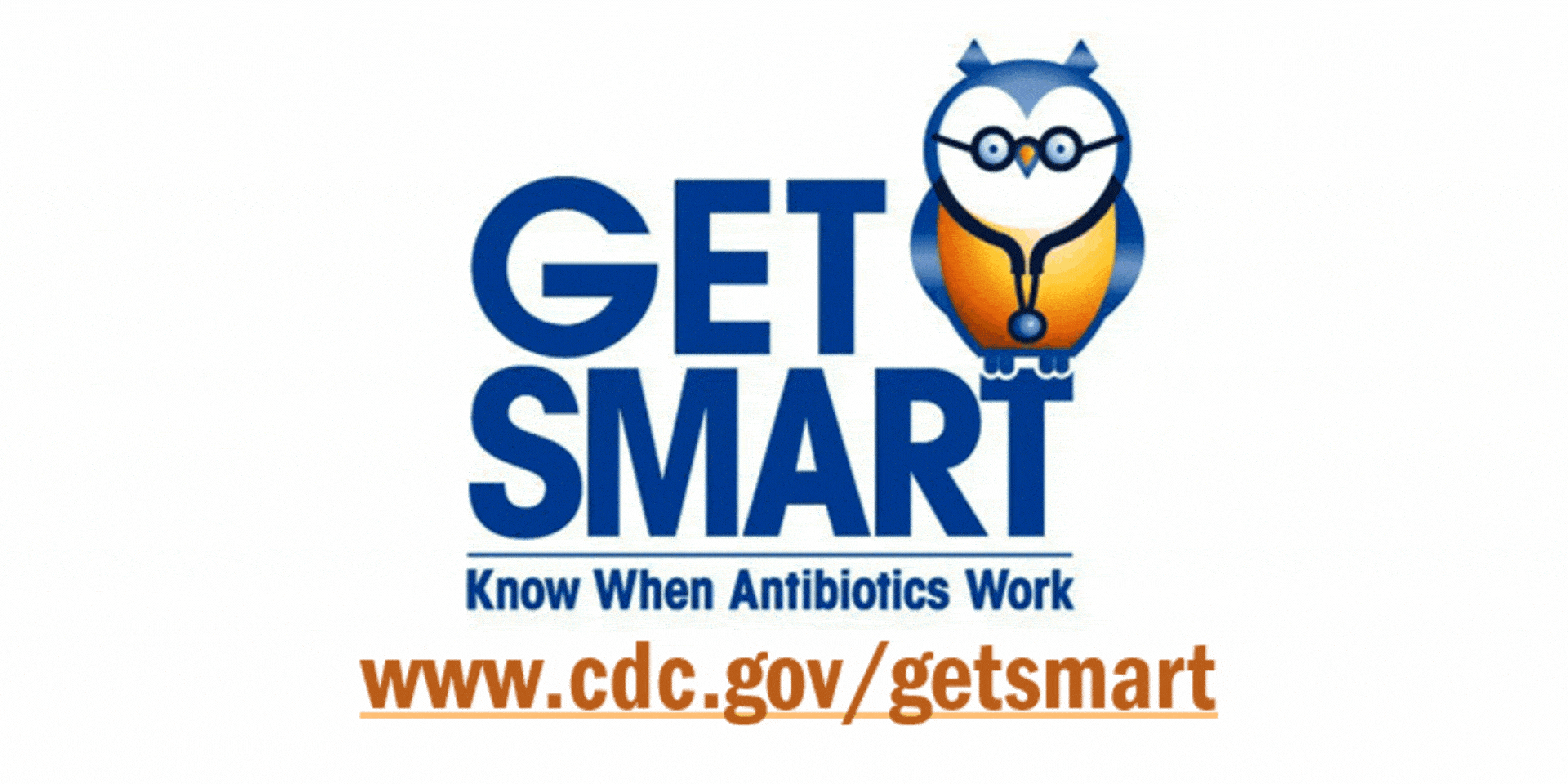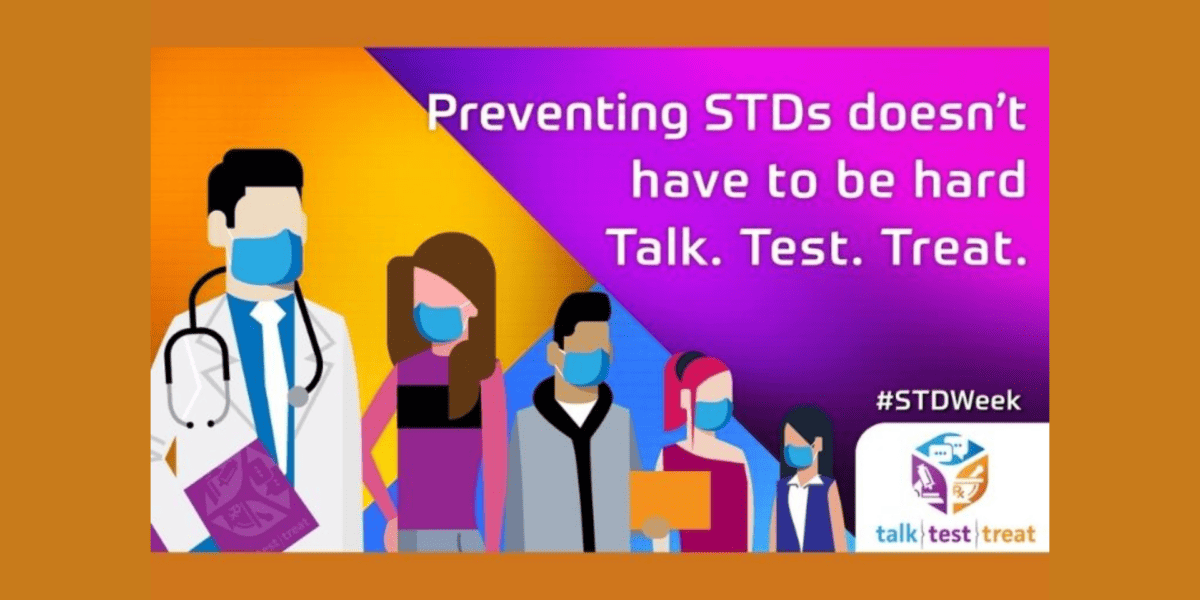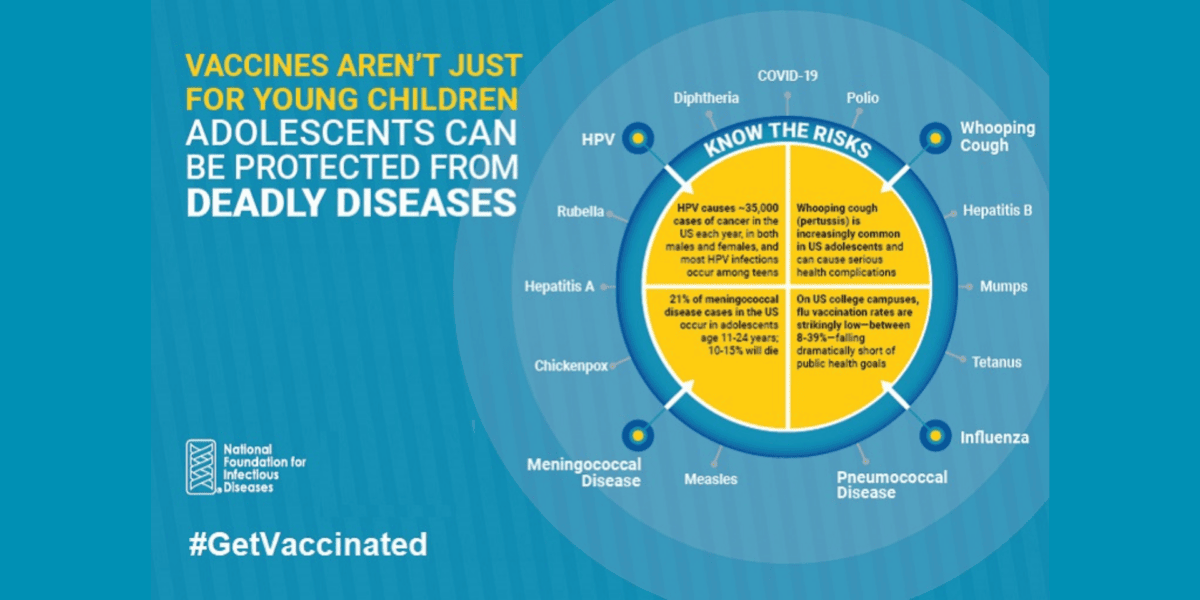
Colds, flu, most sore throats, and bronchitis are caused by viruses. Antibiotics do not help fight viruses — they only cure bacterial infections, such as strep throat or whooping cough.
Using antibiotics to treat a virus may actually do more harm than good. Taking antibiotics when they are not needed increases your risk of getting an infection later that resists antibiotic treatment, otherwise known as antibiotic resistance. Antibiotic resistance can cause significant danger for people who have common infections that once were easily treatable with antibiotics. When antibiotics fail to work, the consequences are longer-lasting illnesses, more doctor visits or extended hospital stays, and the need for more expensive and toxic medications. Some resistant infections can even cause death.
Antibiotics used appropriately are best for everyone’s health including your family and those around you. Those who are prescribed antibiotics should always take it exactly as the doctor recommends. Do not skip doses and complete the full prescribed course even if you are feeling better. If treatment stops too soon, some bacteria may survive and re-infect. This goes for children, too. Make sure your children take all medication as prescribed, even if they feel better. Do not save some of the antibiotics for the next time you get sick. Discard any leftover medication once the prescribed course of treatment is completed.
Healthcare professionals can help by taking an “antibiotic timeout.” When a patient’s culture results come back, healthcare professionals should stop and assess the use of antibiotics, using them only when indicated, to avoid promoting the development of resistance among bacteria and unnecessary antibiotic exposure.
The way we use antibiotics today directly impacts how effective they will be tomorrow. Antibiotic resistance is not just a problem for the person with an infection. Some resistant bacteria have the potential to spread to others – promoting antibiotic‐resistant infections. Since it will be many years before new antibiotics are available to treat some resistant infections, we need to improve the use of antibiotics that are currently available.
Patients and healthcare professionals must work together to employ effective strategies for improving antibiotic use — ultimately improving medical care and saving lives.
The Centers for Disease Control and Prevention (CDC) has designated November 17-21, 2014 as “Get Smart About Antibiotics Week.”
NFID is committed to raising awareness and educating healthcare professionals about antibiotic resistant organisms and their impact on public health. In partnership with MAD-ID, NFID will provide education to physicians, pharmacists, and other healthcare professionals about the best ways to promote the proper use of antibiotics at the 2015 Annual MAD-ID Meeting scheduled for May 7-9, 2015 in Orlando, FL.
For more information about antibiotic resistance, visit www.nfid.org/antimicrobial-resistance.
To join the conversation, follow us on Twitter (@nfidvaccines), like us on Facebook, and join the NFID Linkedin Group.
Related Posts

Protecting Children as They Head Back to School
As school gets underway, experts from the National Foundation for Infectious Diseases (NFID) offer insights on childhood immunization

Lifelong Conversations about Sexual Health
Teen Health Week is April 4-10, 2022, and STD Awareness Week is April 10-16, 2022, both of which provide an opportunity for healthcare professionals to begin lifelong conversations with patients about sexual health and the importance of staying up to date on all recommended vaccines …

Vaccines Are Not Just for Young Children
CDC recommends vaccinations from birth to adulthood to provide a lifetime of protection. Yet many adolescents are not vaccinated as recommended, leaving them unnecessarily vulnerable. International Adolescent Health Week (March 20-26, 2022) is a perfect time to make sure that pre-teens and teens are up to date on all recommended vaccines …
